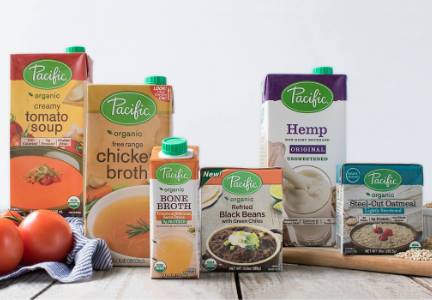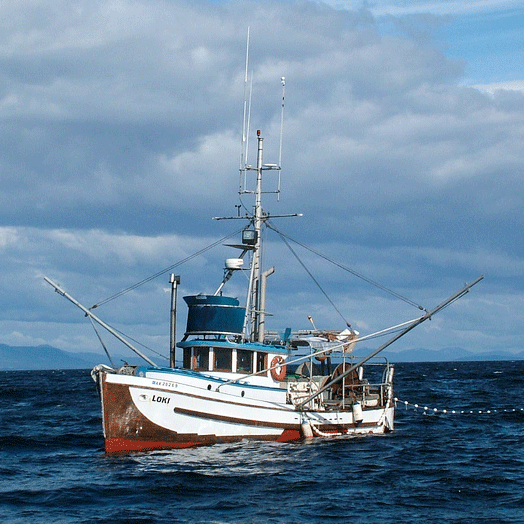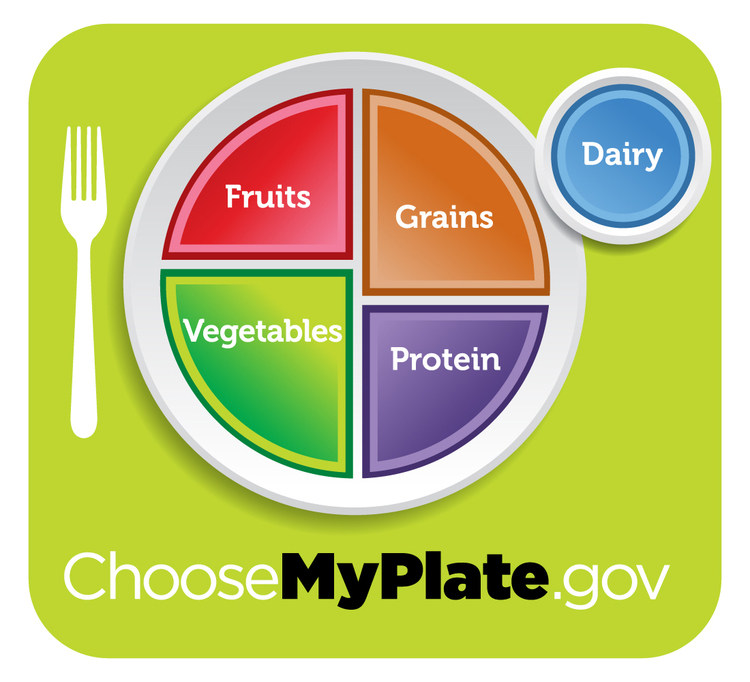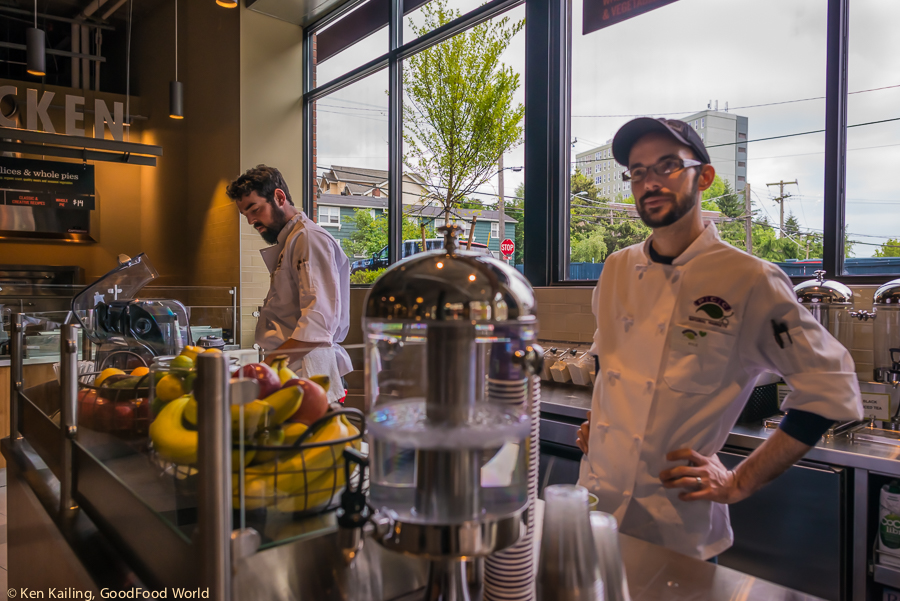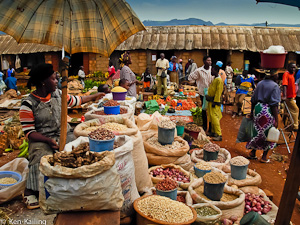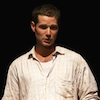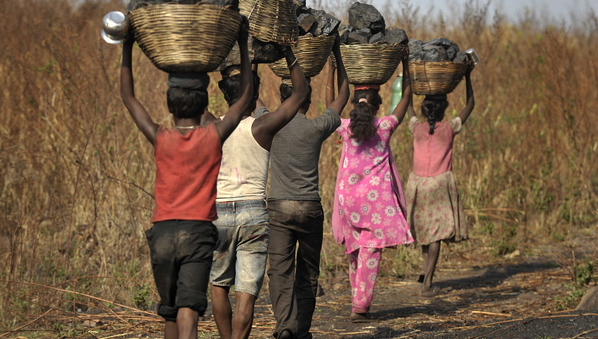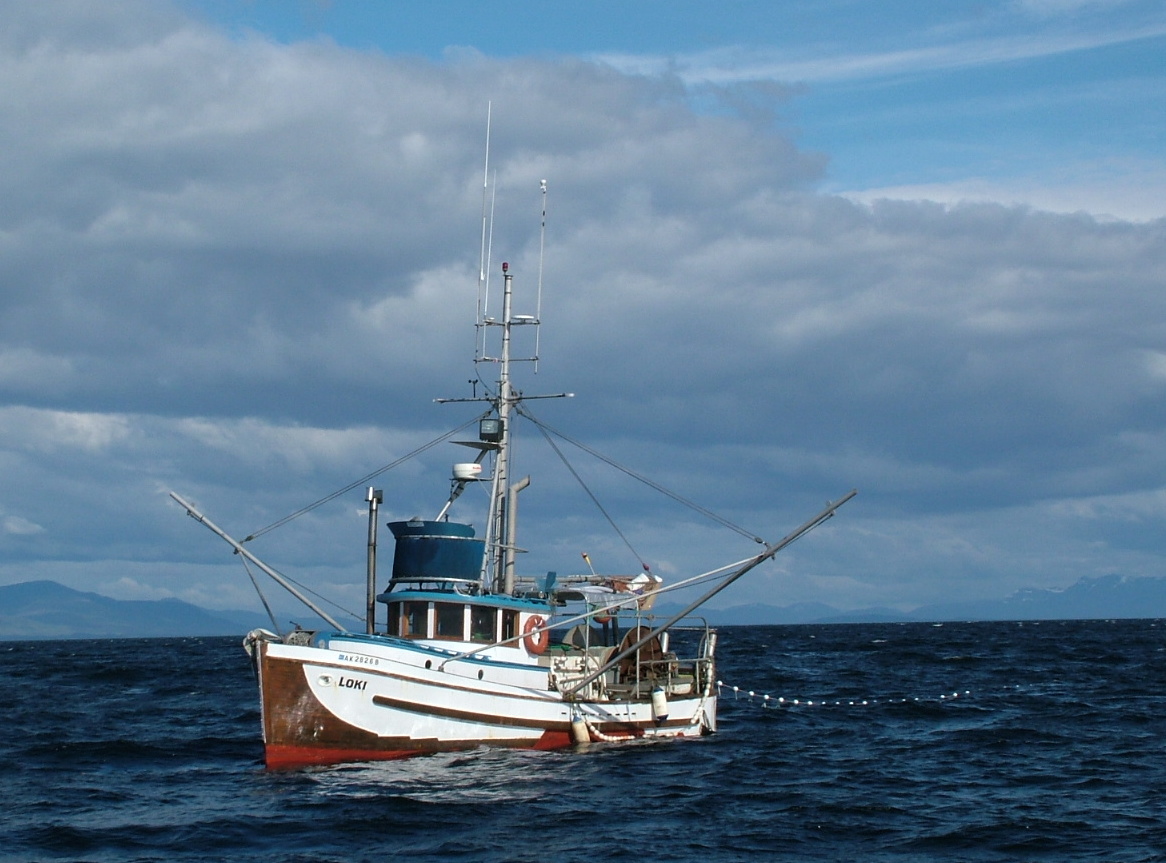Big Food Snaps Up More Independents
It’s another dark day for all of us in the Good Food Movement.
Today it was announced that Campbell’s will buy Pacific Food, producer of organic and natural soups and broths, plant-based milks, and more. Last week, Hain Celestial snapped up Better Bean Company. More buy-ups and consolidations. More money, more power games.

